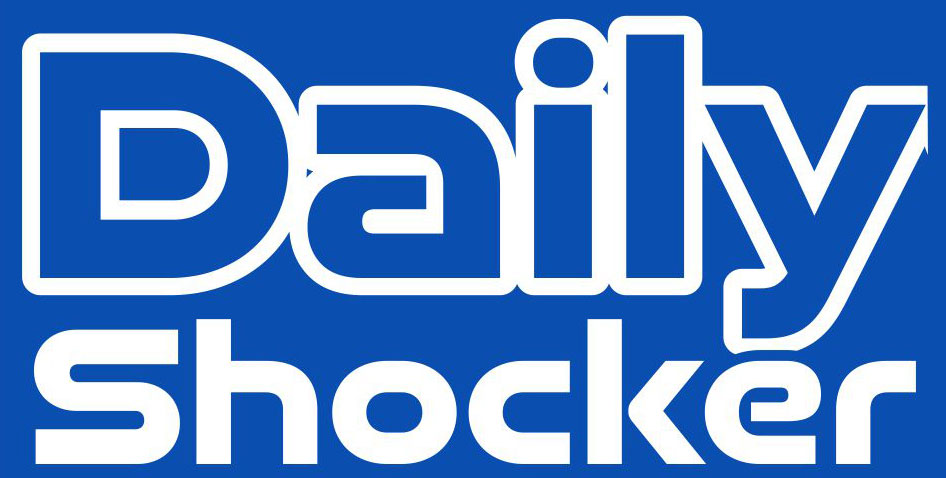
Harley-Davidson’s stock took a hit as Baird downgraded its rating from “Outperform” to “Neutral.” The downgrade reflects concerns over slowing sales and market demand for the iconic motorcycle brand. Baird cited weaker consumer sentiment and competitive pressures as key reasons for the change in outlook.
Key Factors Behind the Downgrade
Slowing Sales: Harley-Davidson has faced challenges in maintaining strong sales, particularly in the U.S. market, where younger consumers are less inclined to purchase motorcycles.
Competitive Pressure: Increased competition from other manufacturers, particularly in the electric motorcycle segment, has added pressure on Harley-Davidson to innovate and adapt to changing market demands.
Economic Concerns: Broader economic concerns, including rising interest rates and inflation, have impacted discretionary spending, which is critical for big-ticket items like motorcycles.
Stock Market Reaction
Following the downgrade, Harley-Davidson’s shares experienced a decline, reflecting investor uncertainty about the company’s future growth prospects. Analysts are now advising caution as the company navigates these challenges. Investors looking for detailed financial analysis on Harley-Davidson can explore FMP’s Full Financials API to access a comprehensive view of the company’s financial health.
Outlook for Harley-Davidson
While the downgrade has caused concern, Harley-Davidson still has opportunities in the international market and the burgeoning electric motorcycle sector. The company’s ability to pivot and capture new customer segments will be crucial to its long-term success. Tracking Harley-Davidson’s performance and key metrics using FMP’s Balance Sheet API could provide deeper insights into how the company is adapting financially to these changes.
For more insights on stock downgrades and market performance, readers can visit external financial news platforms like MarketWatch for ongoing coverage and analysis.

